
COMMUNITY HIGHLIGHTS
We are proud to highlight with various organizations and individuals who share our vision of creating a stronger and more vibrant community. Together, we can make a lasting impact and bring about positive change.
-

Whole Child (Tacoma Public Schools)
Tacoma Public Schools partnered with the University of Washington to launch Whole Child, supported by a large investment from the Wallace Foundation. Whole Child is a community-wide initiative that focuses on building social-emotional learning, positive behavioral intervention supports, and inclusion and equity. The approach also integrates trauma-sensitive practices, restorative practices, physical and mental wellness, and tiered layers of support to meet individual student needs. The Whole Child initiative serves students grades K-12 throughout not only the Tacoma Public Schools, but also in surrounding communities and districts in both Pierce and south King County. It is a whole-school, whole-community initiative targeting all students.
-
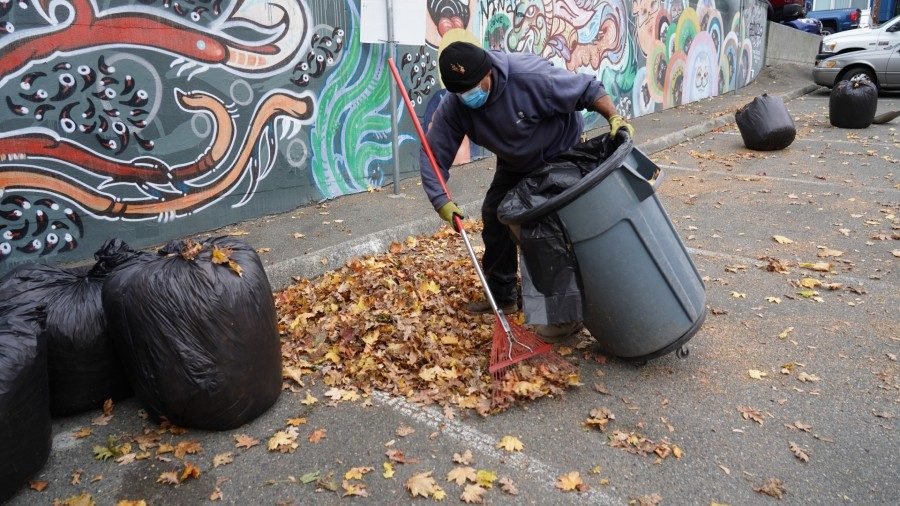
Universal Basic Income (United Way, City of Tacoma)
The City of Tacoma and United Way of Pierce County received a grant to pilot a universal basic income. The program is called Growing Resiliency in Tacoma (GRIT). Select households who met certain criteria have received $500 per month with no strings attached. It is hoped that this model, which has been implemented in dozens of communities nationwide, can help bridge gaps created by growing economic disparities.
-
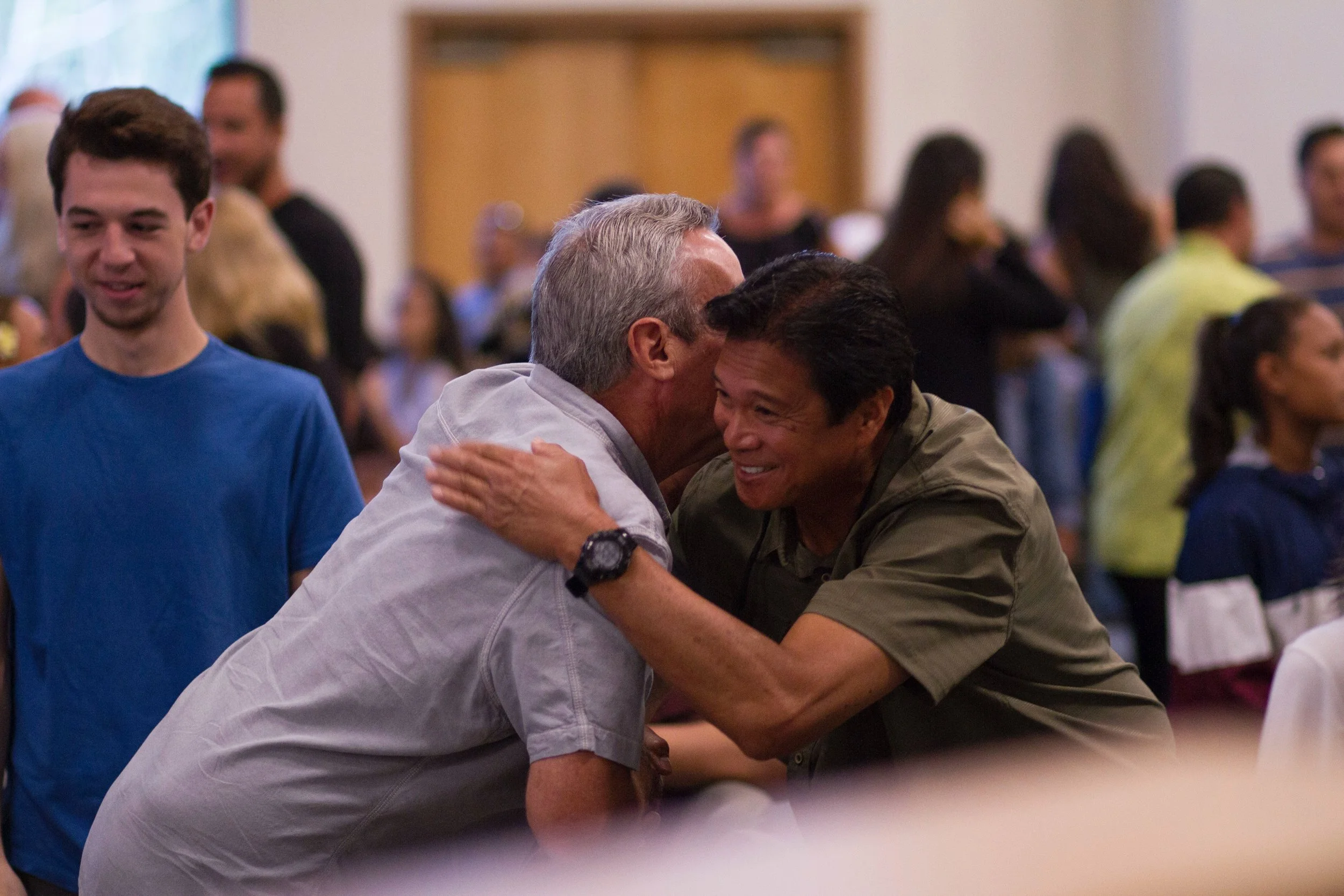
Strengthening Community Safety (Safe Streets)
A new initiative from Safe Streets within the last few years - Strengthening Community Safety - focuses on helping to build relationships between community and law enforcement, with a focus on communities of color. The initiative is recruiting and convening community partners with significant connections to BIPOC communities, engaging businesses to help prevent crimes, creating a Youth Advisory Committee to help youth develop and build their knowledge and skills as leaders, and identifying changes that law enforcement, organizations, and communities can make to improve safety and build community cohesion.
-
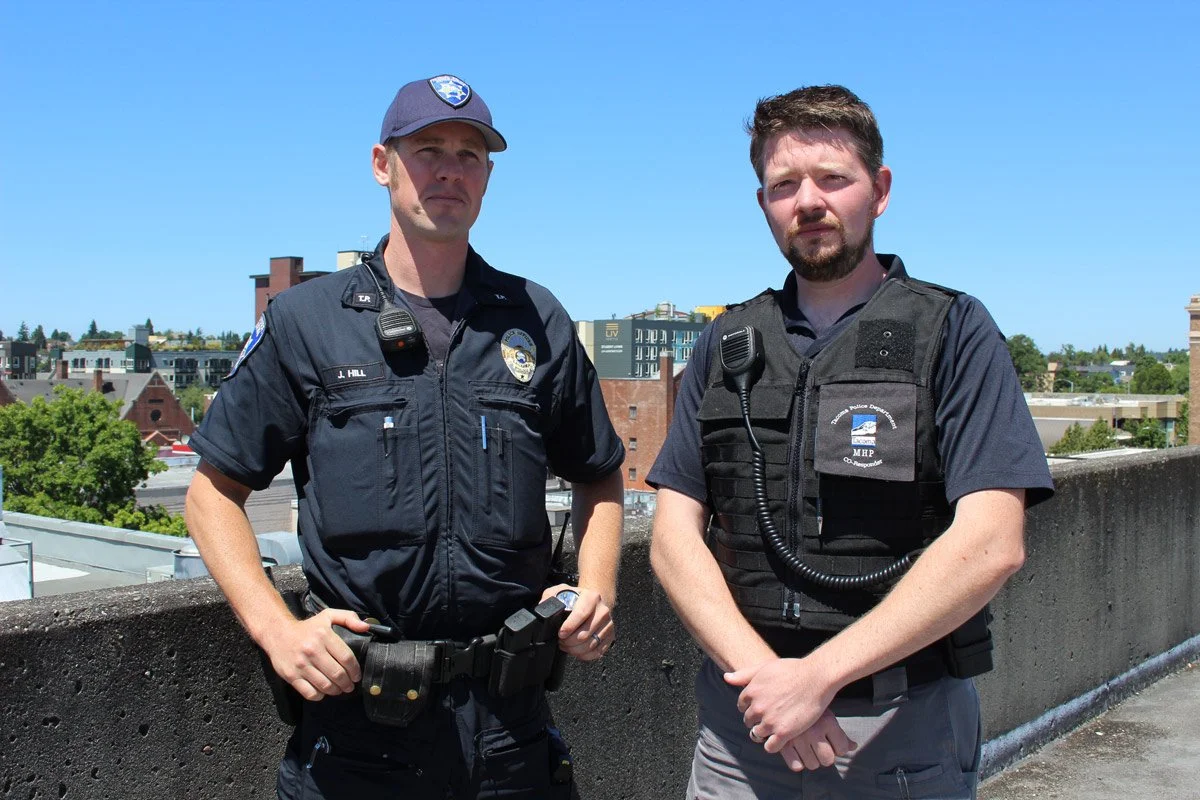
Tacoma Police Co-Responder Program (City of Tacoma)
The City of Tacoma recently announced it is contracting with Tacoma Cease Fire to launch a “community trauma response team” (CTRT). This is an effort to provide more comprehensive and community-based opportunities for people impacted by violence to connect with resources, support, and healing. The CTRT will respond to crises after traumatic incidents to assist the community in healing and to provide a safe space for the community to express their opinions and concerns. They will support and give referrals that can offer immediate, compassionate and practical resources for those affected by trauma, and will focus on the community’s emotional needs while the Tacoma Police Department and Tacoma Fire Department focus on incident response.
-

Probation Transformation & Detention Alternatives (PCJC)
Pierce County Juvenile Court has been participating in the Annie E. Casey Foundation’s Juvenile Detention Alternatives Initiative. They have been nationally recognized for their success and leadership in probation transformation. As part of this transformation, Pierce County has created community partnerships for positive youth development, intensifying their focus on families through a Family Council to advise the probation department and through parent advocates to support families of court-involved youth, and has developed alternative diversion paths to reduce referrals of youth for prosecution.
-

Youth-Serving Agencies Network (Imagine Justice Project)
The Youth Serving Agencies Network (YSAN) formed in 2018 as a systems change initiative for juvenile justice to build coordination and collaboration across organizations to maximize their shared impact on court-connected youth and the larger community. The network cultivates a peer learning community, strengthens relationships, and leverages resources. The Imagine Justice Project convenes and facilitates the YSAN collaborative and also administers an AmeriCorps team that accomplishes two goals: providing a career pathway for individuals with lived experience; and providing support to typically under-funded community-based organizations serving Pierce County youth who have significant needs in the realm of basic needs, positive youth development, and education.
-
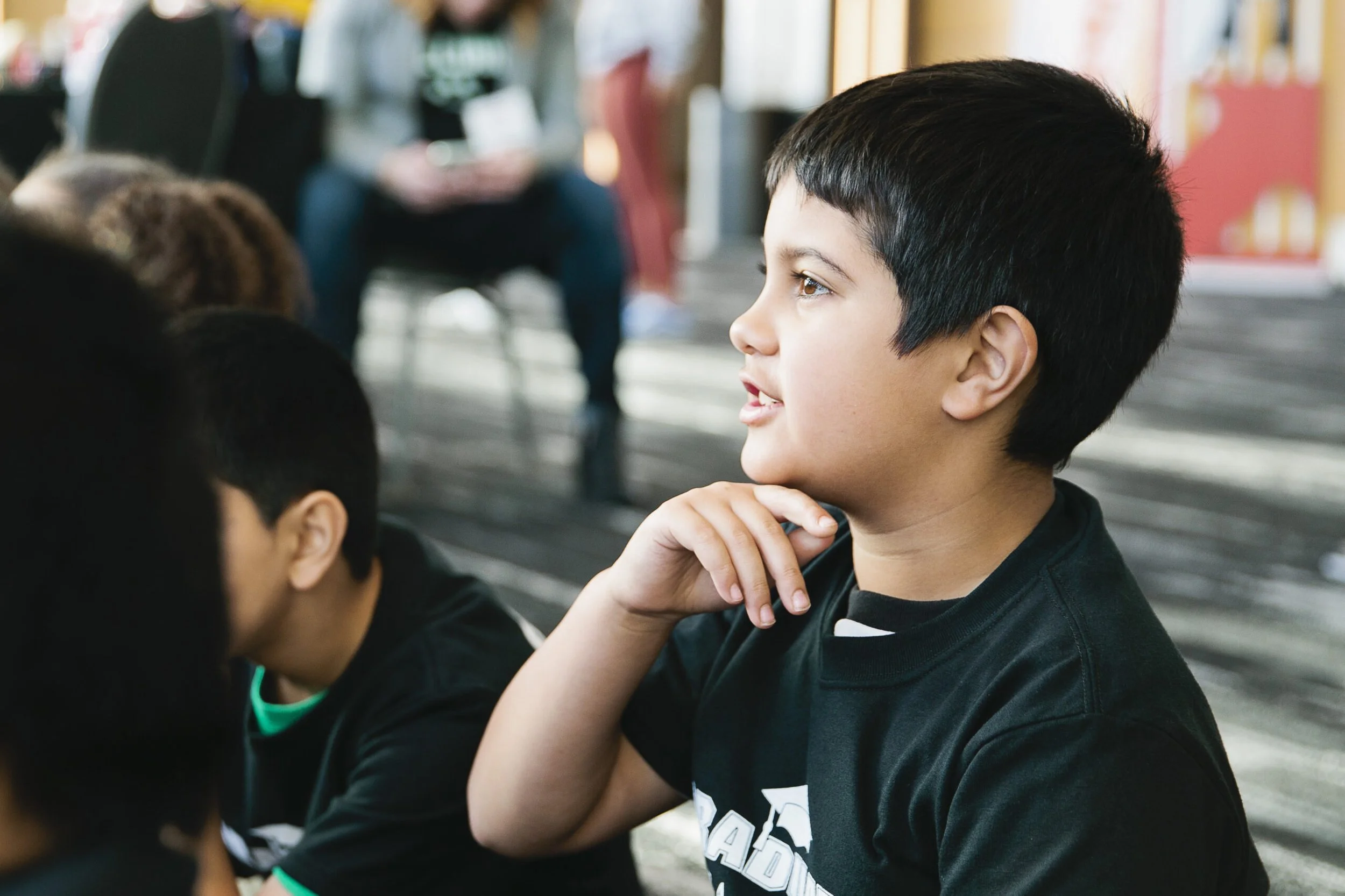
Graduate Tacoma (Foundation for Tacoma Students)
The Foundation for Tacoma Students is the backbone organization behind the collective impact initiative Graduate Tacoma. It works to drive long-term, systems-level change that improves outcomes for Tacoma Public School students. Initially focused on graduation rates, they have recently refocused on creating pathways for college and careers.
-

Centralized Diversion Fund of the Anchor Communities Initiative (A Way Home Washington)
Pierce County is one of 10 Washington state counties participating in A Way Home Washington’s Anchor Communities Initiative to end youth homelessness. A promising aspect of this work has been the Centralized Diversion Fund (CDF). This is a pool of dollars that providers across agencies can access to make payments on behalf of a young person for costs that will prevent a young person from entering into the homelessness system.
-
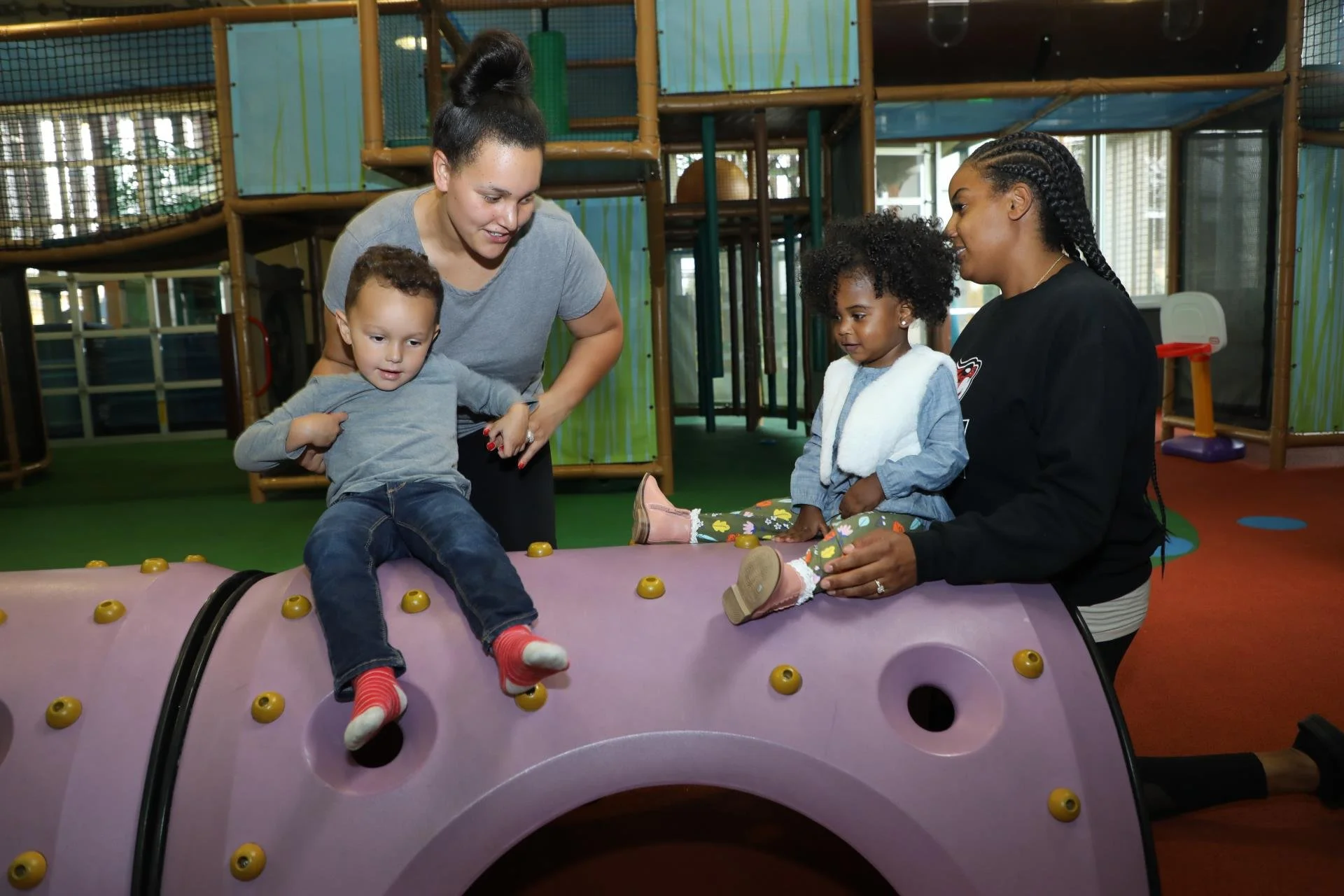
Communities of Focus – Participatory Budgeting (TPCHD)
The Tacoma Pierce County Health Department has identified six communities of focus: Springbrook, Key Peninsula, East Tacoma, South Tacoma, White River, and Parkland. These communities are most impacted by disproportionality in health outcomes. They prioritize these communities in their efforts to improve those outcomes. As part of this work, they are using participatory budgeting to put the decision-making power in the hands of members of those communities.
-

Birth to 25 Advisory Board (Pierce County)
This is an advisory board to the Pierce County Council which launched in 2019. It is focused on creating a strategy for the healthy development of children, youth, and young adults ages birth to 25. It has completed a Landscape Map identifying the range of systems serving these youth, and the gaps and challenges facing those systems. It is developing a Developmental Dashboard focused on tracking measures of youth: vocational and civic contributions, learning, social-emotional connection and skills, healthy behavior, physical fitness, and safety and basic needs being met.
-

Kids Mental Health Pierce County (MultiCare)
Kids’ Mental Health—Pierce County (KMHPC) is a coalition of people and agencies in Pierce County that are joining together to address the growing behavioral health crisis among school age children and youth. Established in 2018, they are focused on developing a one-stop collaborative that serves as a single point of access to child and adolescent mental health services, increasing support and expanding mobile crisis response teams, and promoting and supporting workforce development and continued training in child and adolescent mental health. Their partners include health care providers, crisis services, behavioral health providers, EMS, school districts, law enforcement, justice systems, and child welfare administrations.
-

Beyond the Bell (Greentrike)
This is a partnership with Greentrike, Tacoma Public Schools, Metro Parks, and community-based organizations that provide programming to elementary and middle school students. It is a coordination of services model for improving efficiency and access to “beyond school” opportunities for youth, including field trips, sports, and clubs in order to make these affordable and available broadly.
-

Multi-Disciplinary Intervention Team (Consejo Counseling & City of Tacoma)
Multi-Disciplinary Intervention Team (MDIT) is part of OJJDP’s Comprehensive Gang Model. Tacoma began implementing this in 2012. MDIT is a group of service-providers who work with youth and young adults who are gang-involved. They meet regularly in a team model to improve coordination of services and make referrals. Consejo Counseling is the convener. Other organizations participating in the MDIT as providers include Big Homie Program, Communities in Schools of Tacoma, Big Brothers/Big Sisters, and Rebuilding Hope.
-

Other High Quality Positive Youth Development Programs
There are many providers, especially concentrated in the city of Tacoma, who provide high quality Youth Development Programs. Many collaborate, as noted above, through the Youth Serving Agencies Network (YSAN) convened by the Imagine Justice Project. Through YSAN, these agencies have received training and support in use of the Weikart Center’s Youth Program Quality Initiative, and many are also linked in various partnerships with each other to ensure access to services for different youth populations they are targeting.
Join Us.
Would you like your organization to added among this list? Please fill out the short form below:
